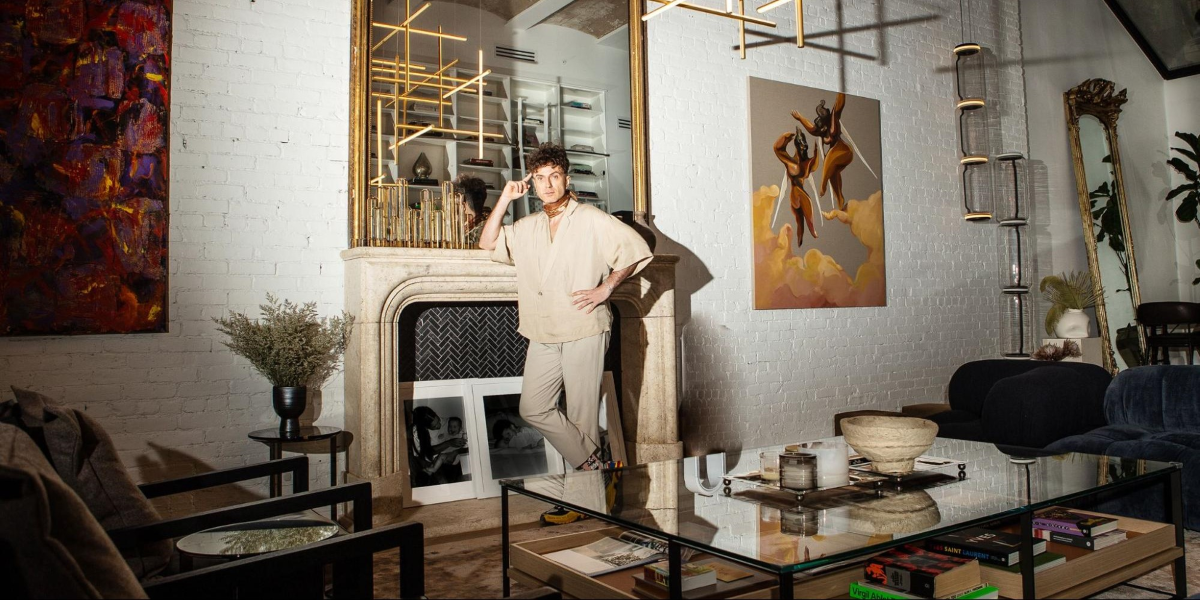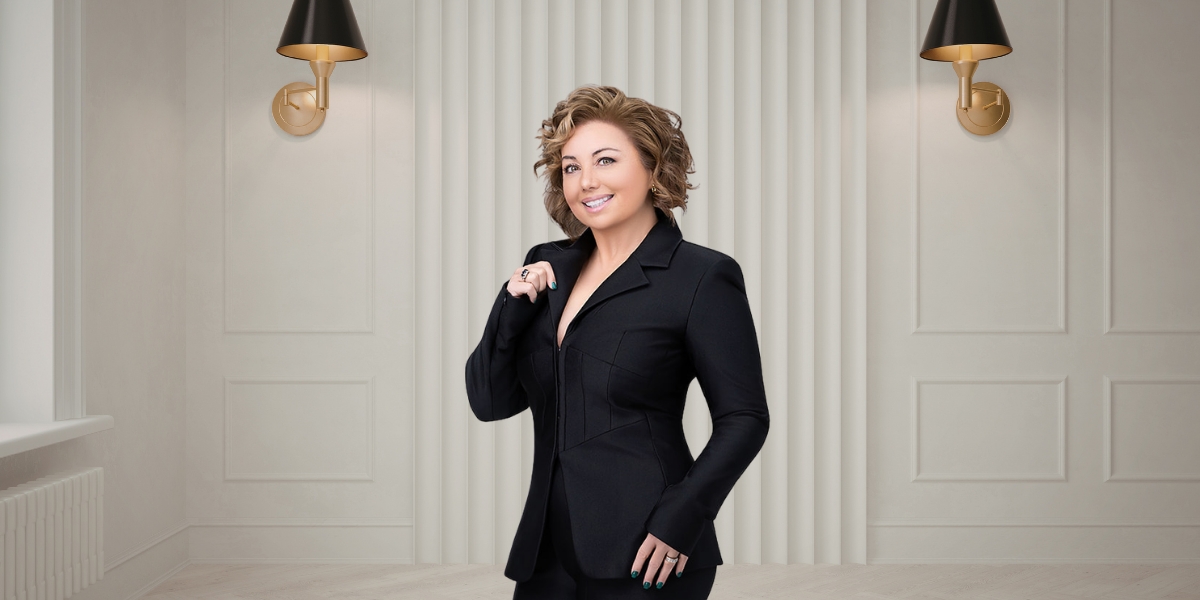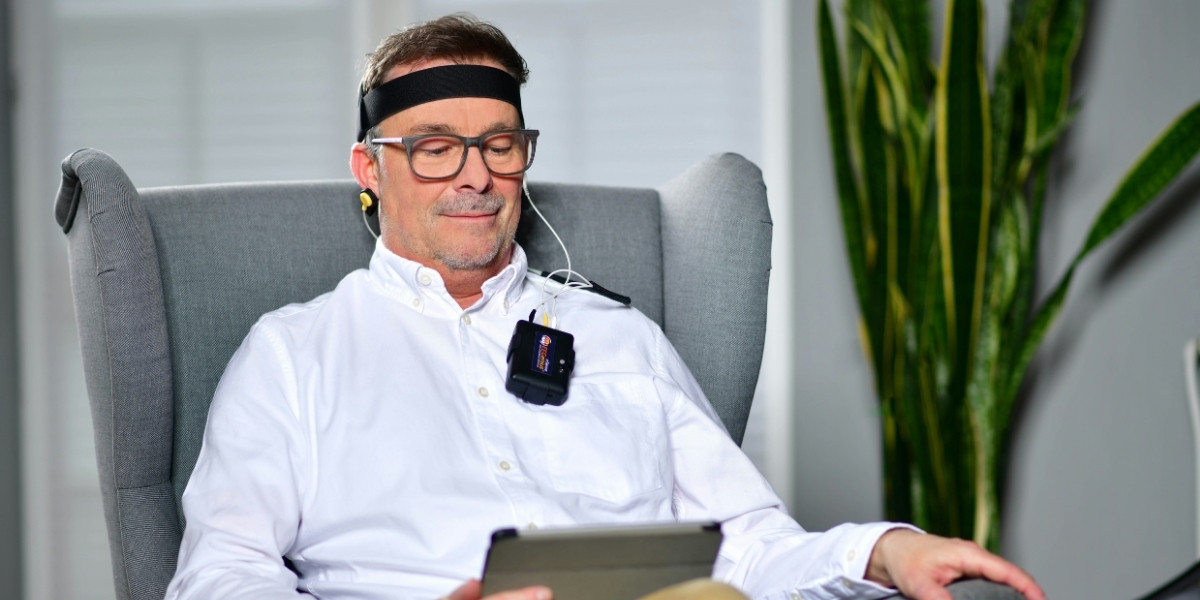By: Benjamin Silver
Amidst our busy urban life, we have lost our connection to our natural ecosystem.
In New York City, many interior designers are tasked with reconnecting domestic spaces to nature. They’re accustomed to incorporating natural materials, so a home can feel like an eco-friendly sanctuary.
Eduard Monteagudo, a Brooklyn-based interior designer from Barcelona, is the founder of Cocoon Flex Spaces. He says that contemporary design should incorporate naturalistic elements. “We are animals who come from nature, but we lose that nature when we live in a city,” he said. “We need to become more in touch with our ecosystems.”
Monteagudo’s approach, characterized by an innovative use of organic materials and an emphasis on light and openness, represents a refreshing departure from traditional design paradigms. In doing so, Monteagudo isn’t just transforming spaces; he’s fostering environments that enhance mental well-being and echo the tranquility of nature within this urban sprawl.

His design philosophy is built on the concept that our surroundings profoundly influence our health, mood, and productivity. The cityscape of New York City, with its relentless embrace of steel and glass, often leaves its inhabitants yearning for a connection to the natural world, a connection Monteagudo seeks to re-establish through interior design.
By integrating wood paneling, knit fabrics, and other natural elements into his design projects, he crafts interiors that breathe life into the static urban environment reinvigorating the minds of those who inhabit them.
Beyond mere aesthetics, Monteagudo’s designs embody organic principles, strategies that go beyond potted plants or decorative water features to create a more fundamental bond between indoor spaces and nature. Living walls and indoor gardens might represent the future of this trend, but for now, Monteagudo focuses on attainable changes that have immediate impacts on individuals’ daily lives. This includes optimizing spaces for natural light exposure and selecting color schemes that evoke serenity rather than corporate monotony.
The significance of such interventions cannot be overstated in a metropolis like New York City. Here, where the sun is often obscured by towering buildings and personal space is severely lacking, creating interiors with softer lines and open concepts can significantly diminish stress levels. Moreover, these design choices have been shown to directly contribute to a higher quality of mental health for those who inhabit them.

Monteagudo notes that “the evolution of our cities was good for our time in our history of civilization, but things have grown fast,” he said. “Business, tech, communication and the evolution of our society shows cities are becoming outdated.” This statement reflects an appreciation for the historical value of cities, but also humanity’s intrinsic need for nature. Monteagudo looks to reconnect humanity with nature, not by overhauling urban development, but rather by finding ways to incorporate the natural elements that for so long defined our ecosystem.
Monteagudo’s work challenges outdated systems in interior design and demonstrates how small modifications can yield substantial benefits for mental well-being. This includes reconsidering common color palettes dominated by grays and whites in favor of warmer tones that mimic those found in nature. Similarly, his preference for materials such as wood over synthetic alternatives speaks to his commitment to authenticity both aesthetically and environmentally.
As urban dwellers increasingly seek sanctuaries amidst their hectic schedules, places where they can recharge mentally, the demand for interior designs that emphasize natural beauty will likely grow. Monteagudo stands at the forefront of this shift towards more holistic living environments. His dedication not only elevates interior design as an art form, but also underscores its potential role in addressing contemporary challenges related to health and happiness within urban settings.
Eduard Monteagudo’s innovative approach redefines what it means to live in harmony with our surroundings, even within the confines of modern urban centers like New York City. Through thoughtful integration of natural elements into interior design, he crafts spaces that remind us where we come from while encouraging healthier lifestyles amid our fast-paced society.
Visit Monteagudo’s website for Cocoon Flex Spaces at cocoonflexspaces.com.
Published by: Nelly Chavez






